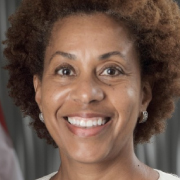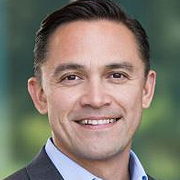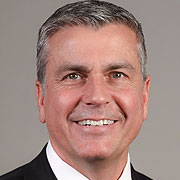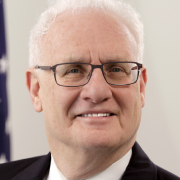
On Thursday, September 29, the Federal Reserve Bank of New York hosted a virtual event on the role of financial technology (FinTech) companies in unsecured consumer lending to low- and moderate-income households. Featuring FinTech lenders, researchers, regulators, and policymakers, the event explored existing and emerging models of unsecured FinTech consumer lending aimed at low- and moderate-income people, and covered the challenges and opportunities these models present.
Participants discussed the applications of FinTech lending to extend credit to both low- and moderate-income people and underserved areas, the challenges and opportunities that alternative data and new forms of FinTech lending present to prospective borrowers, and the changing regulatory landscape.
September 29, 2022
2:30pm - 4:50pm EDT
This is a virtual-only event.
This virtual event was open to the public and the media. All remarks were on the record and the event was livestreamed, with a recording to be made available afterwards. For media inquiries, please contact Ellen Simon at Ellen.Simon@ny.frb.org.
| 2:30pm-2:35pm | Introduction David Erickson, Head of Outreach & Education, Federal Reserve Bank of New York |
| 2:35pm-2:50pm | How Has FinTech Changed Access to Unsecured Consumer Loans for Low- and Moderate- Income Households? Eldar Beiseitov, Economist, Federal Reserve Bank of St. Louis |
| 2:50pm-3:05pm | Which Lenders Are More Likely to Reach Out to Underserved Consumers: Banks Versus Fintechs Versus Other Nonbanks? Erik Dolson, Data Scientist, Federal Reserve Board of Governors |
| 3:05pm-3:10pm | Break |
| 3:10pm-3:55pm | FinTech Perspectives: Existing Product Models and Opportunities for LMI Borrowers Moderator: Todd H. Baker, Senior Fellow, Richman Center for Business, Law & Public Policy, Columbia Business School and Columbia Law School Jason Rosen, CEO, Petal and Prism Data Ezra Garrett, SVP of Public Affairs and Impact, Oportun |
| 3:55pm-4:00pm | Break |
| 4:00pm-4:45pm | The Role of Alternative Data in FinTech Lending and the Regulatory Landscape Moderator: David Silberman, Senior Advisor, Financial Health Network Kelly Thompson Cochran, Deputy Director, FinRegLab Marco Di Maggio, Director of FinTech, Crypto and Web3 Lab, Harvard Business School Patrice Alexander Ficklin, Fair Lending Director, Consumer Financial Protection Bureau |
| 4:45pm-4:50pm | Closing Remarks Jonathan Kivell, Director of Community Investments, Federal Reserve Bank of New York |












Visit the New York Fed's page on Community Development











